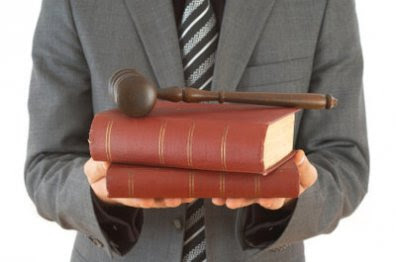
FACTS:
On October 10, 1969, Clemente M. Soriano, a member of the Philippine Bar
entered his appearance in the present case (L-24114, PHHC and U.P. vs. Mencias,
Tiburcio, et al.) as "chief counsel of record" for the respondents Marcelino
Tiburcio, et al. This act in itself would have been innocuous were it not for
the fact that it was done one year and eight months after the decision in this
case became final. Atty. Soriano asked the Court to exhume the case from the
archives. Atty. Soriano's subsequent explanation did not, however, serve to
dissuade this Court from requiring him to show cause why disciplinary action
should not be taken against him for entering an appearance at such a late date.
He alleged that sometime during the first week of October 1969, the respondent
Marcelino Tiburcio, in his own behalf and as attorney-in-fact of the other
respondents, went to him to engage his professional services in two cases, to
wit: this terminated case (L-24114) and the Varsity Hills case (L-30546). Atty.
Soriano allegedly relied upon the assurance of a mutual acquaintance and
representation of Marcelino Tiburcio that the two cases were pending in the
Court. He then agreed to render professional services in the two cases in
consideration of a contingent fee of 143.33 hectares of land out of the 430
hectares (more or less) involved in the two cases.
ISSUE:
Whether or not Atty. Soriano is guilty of negligence.
HELD:
YES. Before taking over a case handled by a peer in the Bar, a lawyer is enjoined
to obtain the conformity of the counsel whom he would substitute. And if this
cannot be had, then he should, at the very least, give notice to such lawyer of
the contemplated substitution. His entry of appearance in the case without the
consent of the first lawyer amounts to an improper encroachment upon the
professional employment of the original counsel. Atty. Soriano violates Rule
8.02, Canon 8 of the Code of Professional Responsibility:
Rule 8.02 - A lawyer shall not, directly
or indirectly, encroach upon the professional employment of another lawyer;
however, it is the right of any lawyer, without fear or favor, to give proper
advice and assistance to those seeking relief against unfaithful or neglectful
counsel.
We find Atty. Clemente M. Soriano guilty of gross negligence
in the performance of his duties as a lawyer and as an officer of this Court.
This inexcusable negligence would merit no less than his suspension from the
practice of the law profession, were it not for his candor, at the hearing of
this incident, in owning his mistake and the apology he made to this Court. It
is the sense of this Court, however, that he must be as he is hereby severely
censured. Atty. Soriano is further likewise warned that any future similar act
will be met with heavier disciplinary sanction.
Atty. Soriano is hereby ordered, in the present case, to
forthwith withdraw the appearance that he has entered as chief counsel of
record for the respondents Marcelino Tiburcio, et al.







